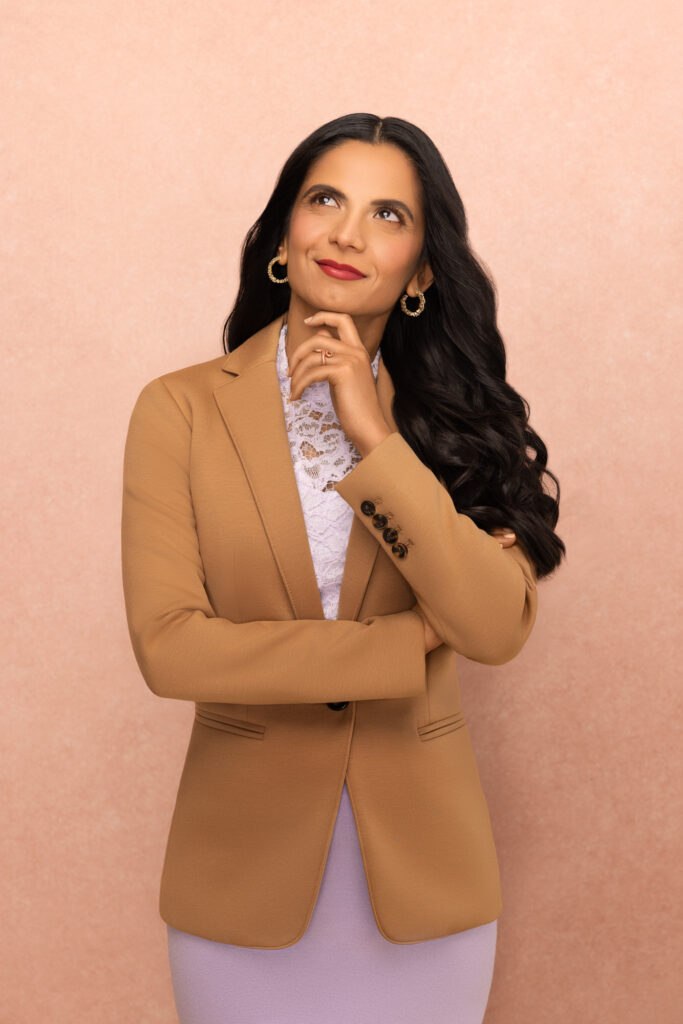We all know social media has changed the way we live and work. Whether you’re scrolling through Instagram or checking out the latest tweets, it’s clear that social media has a powerful grip on our lives. For me, it all started when I launched my own business.
At first, it was all cute dog videos, which seemed harmless enough. But soon, I found myself comparing my body to the seemingly perfect women on Instagram, with their flawless skin and ideal proportions. Their seemingly perfect lives made me question my reality.
Through my journey, I hope to shed light on how we can all use social media as a beneficial tool rather than a stressful inhibitor.
Finding Out Whether You Have A Social Media Addiction
Social media addiction is a behavioral disorder that is indicated by an obsessive need to use social media, often harming other aspects of life. It’s more than just spending a lot of time online—it’s when social media usage starts interfering with your daily life.
Here are a few signs that you may have a social media addiction:
- Social media use interrupts your responsibilities.
- You prefer interacting with people online rather than in person, leading to isolation from friends and family.
- You experience anxiety, depression, or irritation when you can’t access social media.
- You have an uncontrollable urge to check your social media throughout the day.
- Your social media habits interfere with your sleep patterns, causing poor sleep quality and less time asleep.
If you believe that you may be suffering, you aren’t alone. In fact, the numbers are downright scary. According to the U.S. Surgeon General, up to 95% of young people aged 13-17 use social media, with more than a third saying they use it “almost constantly.”
The Consequences of Social Media Addiction
Becoming addicted to social media risks more than just a waste of time. Studies show that adolescents who spend more than three hours per day on social media are at double the risk of experiencing issues like depression and anxiety.
Physical Impacts
The physical impacts are just as concerning as the mental ones. Frequent use is linked to poor sleep quality, reduced sleep duration, and sleep troubles, which in turn can worsen mental health problems. Personally, I noticed that my constant need to check notifications and create content led to headaches, poor sleep, and mental fog.
Body Image Issues
One of the most damaging parts of social media is the culture of comparison it fosters. Constant exposure to idealized images and lifestyles can make individuals feel inferior and unhappy with their own lives.
It was found that 46% of adolescents aged 13-17 feel worse about their body image due to social media. My own experience mirrored this; seeing flawless images of others made me question my self-worth and left me feeling depressed and anxious.
How To Use Social Media In A Healthy Way
While it’s unfortunately relatively easy to fall into a social media addiction, that doesn’t mean there isn’t a way out. In fact, there are actually quite a few strategies to use social media as it’s intended to be used: A tool that connects and creates opportunities for growth! Here are some of the most effective ways to develop a healthier relationship with social media.
Limiting Screen Time and Setting Boundaries
One of the most effective ways to manage social media use is by setting clear boundaries. Dedicate specific times for social media usage and stick to them. Consider creating tech-free zones or times within your home, such as during meals or before bed, to create healthier habits.
Being Mindful and Intentional with Content Consumption
Before logging on, set an intention for a constructive session. Be aware of your thoughts and feelings as you scroll through your feed. Unfollow accounts that consistently post harmful or triggering content, and follow pages that uplift and inspire you. Studies have shown that being mindful of your social media use can reduce those pesky feelings of envy.
Engaging with Meaningful and Positive Content
Focus on only interacting with content that adds value to your life. Share positive messages, support others, and contribute to constructive discussions. Avoid engaging in negative conversations or consuming content that leads to feelings of inadequacy.
Take Back Your Time And Control Your Social Media Use
My journey with social media has been a rollercoaster of emotions. Starting from an innocent desire to grow my business, I began to spiral into comparison and addiction. It took a period of deep reflection and intentional change to regain control, but it wasn’t impossible. If I could escape the comparison trap, I fully believe you can do the same.
If you need advice for navigating social media addiction or any other personal struggles, don’t hesitate to seek guidance in the form of coaching or therapy. Jasmine Coaching and Wellness is dedicated to supporting those going through challenging life developments. Remember, the power to create a healthier relationship with social media lies in your hands.
References:
- https://www.mcleanhospital.org/essential/it-or-not-social-medias-affecting-your-mental-health
- https://www.hhs.gov/about/news/2023/05/23/surgeon-general-issues-new-advisory-about-effects-social-media-use-has-youth-mental-health.html
- https://journals.plos.org/plosone/article?id=10.1371/journal.pone.0069841
- https://tinybuddha.com/blog/9-mindful-social-media-practices-make-you-happier-person/
- https://www.mindful.org/use-social-media-wisely-mindfully/
- https://www.pexels.com/photo/mobile-app-icons-on-a-smartphone-screen-9822748/

